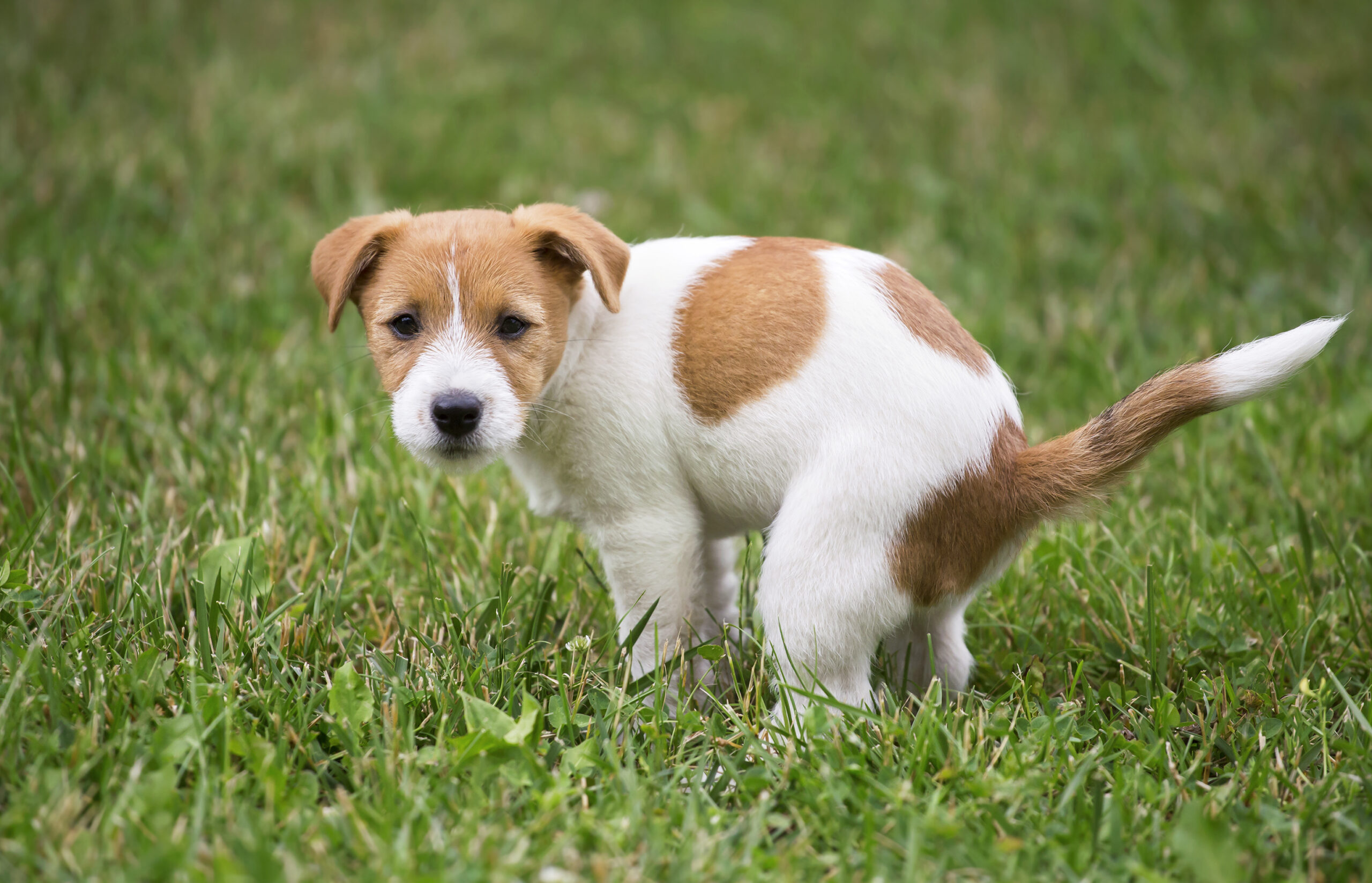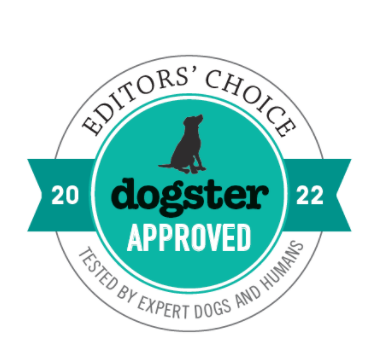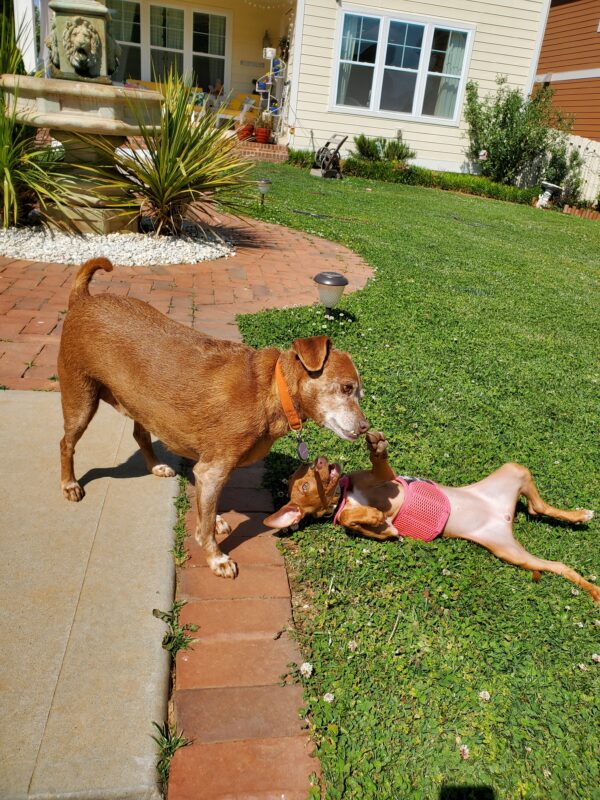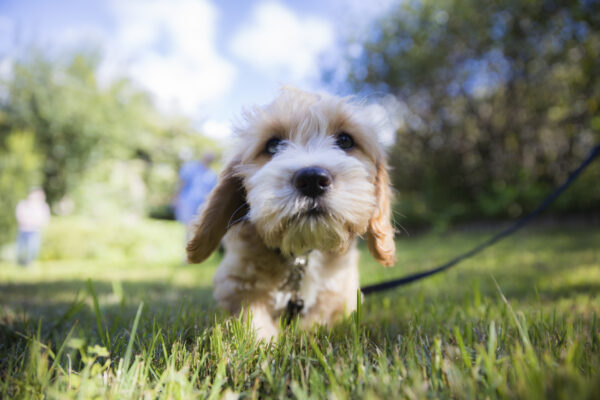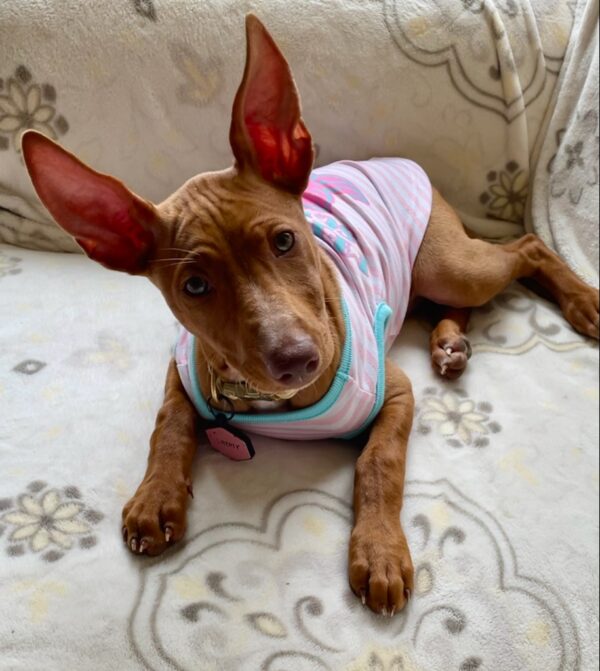If you have a puppy, you’re probably wondering if it’s normal for him to poop several times a day. The answer is yes. Puppies poop a lot because they eat a lot.
How many times a day should a puppy poop?
Puppies can poop four to five times a day on average, says Dr. Mondrian Contreras of Carol Stream Animal Hospital in Illinois.
“Amount and frequency of puppy poop is usually due to how much they eat, which is due to their growth rate,” says Dr. Contreras. “Puppies are growing so much and so fast, which means their gastrointestinal tract is also developing, so food is processed much more quickly.”
He says nutritional content also plays a role in the amount of stool production, so some diets with certain fiber types produce more and larger stools. Puppies have certain dietary requirements and generally require more calcium and phosphorus, plus as a rule, a higher calorie requirement than an adult dog of a similar size.
How long after a puppy eats do they poop?
Puppies usually poop about five to 30 minutes after eating, says Dr. Contreras, which puts a particular emphasis on timing during potty training.
“This is due to the pup’s developing GI tract and their nervous system (gastro-colic reflex), which kicks the colon into high gear,” he says.
What should puppy poop look like?
Want to know if your puppy’s poop looks normal? Here’s what it should be:
- formed and solid enough to pick up off the ground without it smudging
- soft enough that you can easily smooth it with your hands
- brown in color
- doesn’t have any blood, mucus or black-tar consistency
“Puppies who have watery stools may have absorption issues while those with small, dry, hard stools may be dehydrated,” he says. “White specks in stool may indicate parasite infection, while blood or black stool may indicate a bleeding issue.”
If your puppy’s stools have recently changed in shape, color, smell or consistency — or if they show any GI symptoms such as straining to poop, scooting or licking their hind-end excessively, talk with your vet.
Note that as dogs get older, they typically poop less. But their diet dictates the size of their stools since some dogs eat meals higher in non-digestible fibers, which creates much larger stool sizes. Poop says a lot about puppy health, so keep an eye on it and see your vet if you notice anything unusual.
Want to paw through more articles on puppies? Check out Why Isn’t My Puppy Eating.

